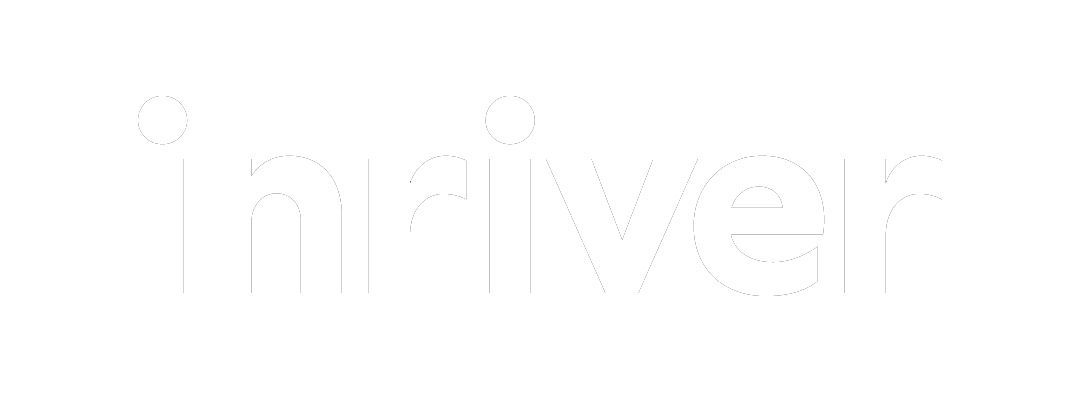Compare E-Commerce models.
Our scoring process is applied and objectively evaluated according to strengths and weaknesses.
Compare vendors based on the five dimensions of the Composable Agility Score. Freely choose the solutions you want to compare to get an easy overview of their capabilities. You can adjust your selection at any time or click on any solution to read a more detailed explanation of their CA Score.
A vendor must first be removed before another one can be added for a comparison.
How easy is it to quickly and scalably build the individual solutions you need for your business using the application? See also: Best of Breed versus Best of Suite.
How well can a cloud application be broken down into its individual parts and used? The best solutions can be combined based on specific customer requirements.
How well can this application be connected and controlled via standardized applications? A functional API interface is able to interact with any other software.
How natively can this application be operated in the cloud (updates, backup, porting)? An ideal cloud solution is available everywhere, accessible at any time, highly secure, flexible and agile.
How independent can the application be from the end user’s interface (desktop, mobile, on the go…)? A functional solution is able to operate with any frontend.

Formerly known as Gladson, over the years, Chicago-based Syndigo has bolstered its positioning in the PIM landscape through various acquisitions. These included acquiring Edgenet, Kwikee, and, in one of the more recent incorporations, Riversand, which has equipped Syndigo with even more powerful product data and content management solutions.
Syndigo was a new entrant in the 2021 Forrester Wave. Syndigo operates globally and serves more than 1,750 retailers and distributors along with over 12,000 manufacturers. Their clients operate in a wide variety of markets, including health and beauty, automtovie, apparel, groceries, and home improvements.
Syndigo was a new entrant in the 2021 Forrester Wave. Syndigo operates globally and serves more than 1,750 retailers and distributors along with over 12,000 manufacturers. Their clients operate in a wide variety of markets, including health and beauty, automtovie, apparel, groceries, and home improvements.
7.5
7.5Composability
6.5Head-
less
less
9.8Cloud
Native
Native
5.3API
8.4Modu-
larity
larity
Modularity
8.4
Syndigo’s acquisitions over past years have added to their microservices capabilities. Specifically, Syndigo’s acquisition of Riversand has assisted in Syndigo customers accessing microservices. In this way, Syndigo is approaching Mciroservices in a stable manner, similar to other vendors in the PIM landscape.
API
5.3
Syndigo’s API connections have improved greatly in recent years, with the vendor offering various exposed RESTful APIs which enable efficient connections and data management. Syndigo’s APIs utilize HTTPs requests, JSON structure, and queries using Postman application.
Cloud Native
9.8
As a multi-platform SaaS solution, Syndigo offers excellent cloud native capabilities. Their cloud native offering has expanded in recent years to include further capabilities via cloud, partly due to partnerships with companies such as Predica, Nexer, and Riversand.
Composability
7.5
Syndigo offers a strong ecosystem and various software partners. This has been corroborated in various reports from analyst groups such as Forrester. However Syndigo would benefit from partnering with a broader set of retailers and building out more “close the loop” analytics. Syndigo is still catching up to peers in areas such as governance and support and integrations.
Syndigo customer’s can utilize its integrated Content Experience Hub, which allows them to publish sydicate, manages, and audit content across the world’s largest trading network of brands and recipients.
Headless
6.5
Syndigo offers headless integrations, but only through third-party partnerships, including commerce platforms such as Spryker.
Bottomline
7.5
Syndigo’s acquisition of various companies and providers has, over the years, expanded their offering. They score particularly well in terms of being cloud native. Other benchmark criteria, such as offering microservices, have improved over time. Some of their more recent acquisitions may improve their services further.




